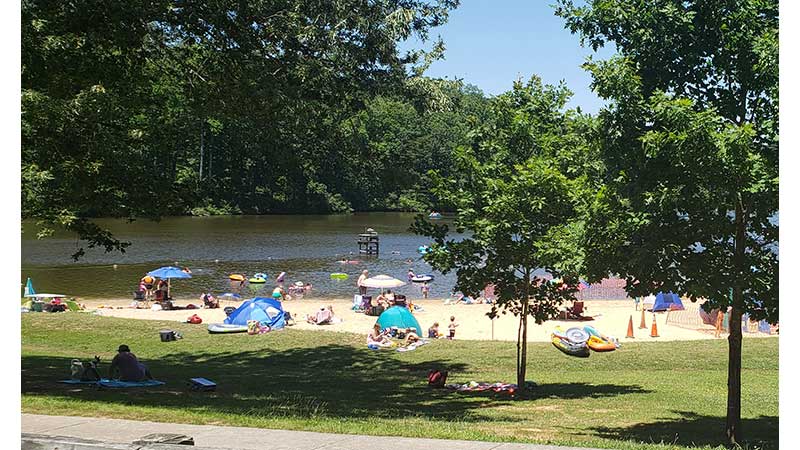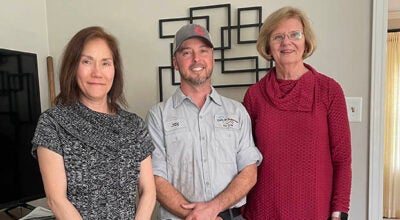Korea — ‘This Is My Story’
Published 1:40 pm Thursday, November 12, 2015
Blessed assurance, Jesus is mine! Oh what a foretaste of glory divine!
Heir of salvation, purchase of God, born of his Spirit, washed in his blood.
“Blessed Assurance” by Fanny Crosby is beloved in Korea. Our group of 34 American pastors sang the hymn in Korean as our way of saying “thank you” for the radical hospitality shown to us by our generous hosts at Bupyeong Methodist Church. We were showered with kindness from the beginning as we were greeted at the airport with enthusiastic applause and a red rose. We ate extraordinary meals, including a ten course gourmet feast, stayed in hotel-like accommodations, watched a special concert from gifted musicians and received numerous acts of hospitality, all for our benefit.
Why were we treated so generously? Because our Bishop Cho is greatly honored and respected in South Korea, and we are Americans and have a unique relationship with Korea.
Two stops on our tour illustrate why.
First was a trip to Yanghwajin Foreign Missionary Cemetery including 145 graves of foreign missionaries and their families. Many gave up promising careers to live in a land unknown to westerners at the time. Although, Korean history begins over 4,000 years ago, Protestant Christians didn’t arrive until 1885. Korea was a hostile place for Christians. Missionaries could not start a church or even preach in public. Penalties were severe.
Despite the difficulties, H.G. Appenzeller established Paichai School and Chungdung Methodist Church. M. Widdowson started an orphanage near Seoul and organized the Korean Salvation Army. A.G. Welborn founded the YMCA. J.P Campbell opened the Baewha School for girls. R.S. Hall, a medical missionary, cared for visually handicapped and developed a braille suitable for the Korean language. J.S. Gale translated “Pilgrim’s Progress” into Korean, the second most-read book by Koreans next to the Bible. H.G. Underwood is considered the pioneer of the Korean mission, establishing the first Presbyterian church in Korea.
The missionaries profoundly influenced Korean society, not only by establishing hospitals and schools but by affecting its intangible values.
The second visit was to Odusan Unification Observatory on the DMZ, the dividing line between North and South. This dividing line and the controversy surrounding the splitting of the country led to the Korean war. The United States played a pivotal role. Over 128,000 Americans were either killed or wounded. Thousands more Americans continue guarding the border, the DMZ.
Between the observatory and North Korea is a short stretch of water. As you look through binoculars you can’t help but notice the stark difference between the two countries. Across the water, there are no high-rise apartment buildings or traffic jams; just an eerie quietness.
Relations with North Korea are full of ups and downs. This tension, which at any moment could erupt into war, is key to understanding the role of faith and prayer in the lives of many South Koreans.
Rev. Hong Eun-Pa, pastor of our host church, said, “We will always be grateful for the sacrifices made by American missionaries and later, American soldiers. We would not be the country we are today without the support of the United States.”
This is my story, this is my song, praising my Savior all the day long;
This is my story, this is my song, praising my Savior all the day long.
REV. LARRY E. DAVIES can be reached at larrydavies@sowingseedsoffaith.com.





